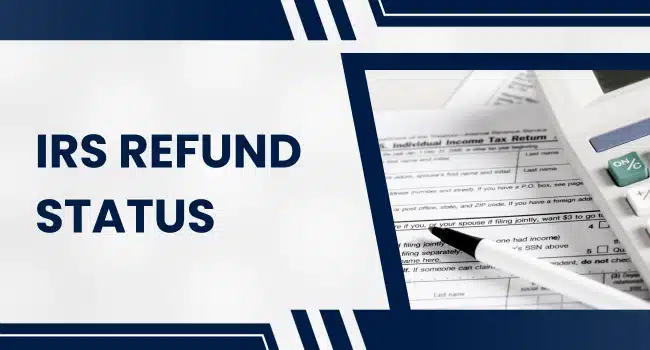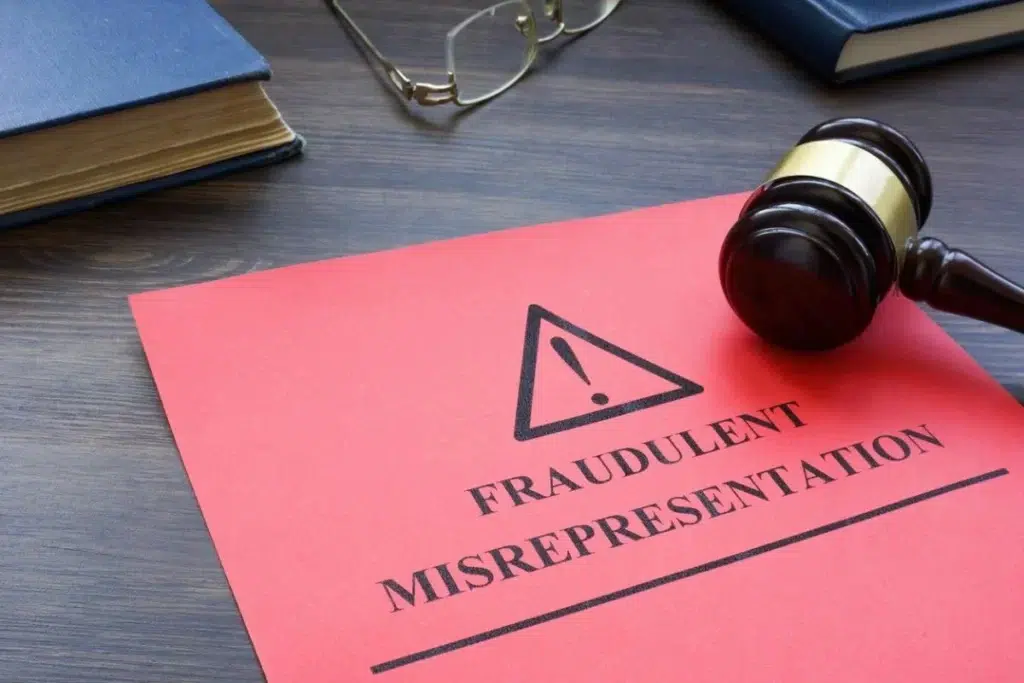fake check Scam
Fake Check
Introduction of Fake Check Scam
A faux take a look at scam is a type of economic fraud wherein scammers send fake check to individuals or businesses, looking ahead to the recipients to deposit them into their bank money owed. The rip-off frequently includes:
- A fabricated motive.
- Consisting of a prize.
- A task possibility.
- Payment for goods or offerings.
After depositing the fake check, victims are generally asked to return a portion of the budget to the scammer or a third party, usually via wire transfer, gift cards, or other untraceable methods.
This rip-off preys on people put off by clearing exams, as banks can also make the budget available to the recipient before the check has fully cleared. The victim believes the finances are valid and steals cash from the scammer. When a victim deposits a fake check, financial losses and criminal consequences will hold them accountable when the check bounces.
There are numerous fake test scams that come in various forms of paperwork. Therefore, people and agencies must exercise caution while managing sudden exams or price requests, mainly from unknown or unverified resources.
Definition
Fake takes a look at scams as a kind of fraud in which scammers send individuals checks that seem genuine but are faux or fraudulent. These tests typically exceed the quantity owed, and the scammers will then request that the recipient deposit the test and send the extra budget to any other vicinity, often overseas. Once the test bounces, the sufferer is left on the hook for the entire quantity and may be penalized for unknowingly passing a horrific check. Usually, It is critical to be careful of unsolicited tests and verify their authenticity earlier than depositing them.

Examples of fake check scams
Counterfeit check fraud comes in a variety of forms, all of which use counterfeit or altered checks. Here are some common examples:
Over-payment Scam
This type of scam is common with online sales. The scammer pretends to buy something from the seller and sends a check for more than the purchase price. The seller is then asked to plug in the difference. If the seller deposits the check and returns the excess amount, the check is returned and the seller is out of the remittance. Read more about Overpayment Scam.
Mystery-Shopping Scam
Scammers send the victim a check, telling them they have been selected as a mystery shopper. They are instructed to deposit the check, use part of it to shop at a particular store, and send the remaining lines back to the fraudster. Once the check is found to be forged, the victim loses the wired funds. Explore more about Mystery Shopping Scam.
Sweepstakes Winning
Victims receive a lottery or sweepstakes winning receipt and a check for taxes or fees. They were instructed to deposit the check and remit the money for the taxes or fees claimed. Eventually, the check is discovered to be fraudulent. Read more about Lottery Scam.
Rent Scam
A fraudster posing as a landlord sends the victim a check as a refund for rent or overdraft. The victim is asked to deposit the check and wire the difference, only to discover later that the check was forged.
Car Wrap Ad Scam
Scammer offers money to wrap victim’s cars with advertisement. They receive a check to cover the cost of the wrap and instructed to pay the decal installer. After the check bounces, the victim is responsible for the amount.
In a majority of these situations, the not unusual thread is that the victim is left with a bounced test and is chargeable for any finances they’ll have withdrawn towards that check. Awareness and skepticism are key to keeping off such scams. It’s important to do not forget that legitimate companies or individuals will now not overpay and ask for cash returned on this manner.
what happens if you unknowingly deposit a fake check
Depositing a fake check could have several severe consequences, each monetary and criminal:
- Penalties: Generally, misdemeanor costs for check fraud can cause criminal fines plus as much as a yr in jail. With criminal expenses, the fines can be hundreds of bucks, and jail sentences can be over a yr or even numerous years, relying at the volume of the crime and precise country laws.
- Financial Loss: When depositing a fake account, you may believe the finances are available for withdrawal. However, counterfeit exams frequently take time to dance, and when they do, the financial institution will reverse the deposit, leaving your account in the poor. This can result in vast economic losses.
- Overdraft Fees: When the faux check bounces, your account stability may fit poorly due to overdraft costs. These prices can add up quickly, similarly increasing your economic burden.
- Legal Consequences: Depositing a faux test knowingly is illegal in most jurisdictions. You may face criminal charges of fraud, forgery, and robbery, which could result in probation or prison time.
- Bank Account Closure: Your bank may additionally close your account if you deposit a faux check, especially if they suspect you probably did so knowingly. This can make it challenging to open new debts with other banks.
- Credit Score Impact: Overdrafts and unpaid costs from depositing a faux test can negatively affect your credit score. This could make it more challenging to steady loans or lines of credit score in the future.
- Civil Liability: The party who issued the fake test might also take a civil, criminal motion against you to recover any price range they claim to have lost because of the scam.
Fake Check Stubs
Fake check stubs are fraudulent documents design to resemble authentic pay stubs. Pay stubs, typically issued by employers, provide details about an employee’s earnings, taxes, and deductions for a specific pay period. However, fake check stubs are illegitimate versions create for deceiving or mislead.
Every organization has security features which is suppose to maintain it secure. Maybe your agency desires to make sure an applicant gives a legitimate proof of earnings and an accurate employee pay stub? The hassle is that now each person can create pay stubs on-line without problems, from time to time in as low as some clicks. Due to extended risks, businesses have to become more vigilant and beautify their verification strategies, particularly regarding Fair Labor Standards Act compliance. Creating or using fake check stubs is illegal and considered fraud. It can lead to serious legal consequences, including criminal charges.
How to tell if a check is fake
While professional scammers put effort into creating meticulously crafted fake check stubs documents. It’s often surprisingly easy to spot whether a pay stub is generate by using an online tool. Here are several indicators of a counterfeit check or pay stub:
INDICATIONS
- Discrepancies: Government documents adhere to format, language, and especially mathematical accuracy. Any discrepancies in payroll, pay periods, gross payroll, or days worked can raise suspicion because they may indicate that someone generated the claim using an online paystub device.
- Document Quality: It can manifest as sub-par document quality due to blurring, Pixelations, or lack of professionalism due to inconsistent fonts or alignment misalignment.
- Missing Details: Authentic pay stamps always include the company logo, address and contact information. If any of these items are missing or out of date, you may be dealing with a fake paycheck.
- Rounded Numbers: A common observation on pay stub generators is the tendency to generate a full round of amounts, which is rare with actual pay. This unnatural accuracy can be an indication of a paper design.
- Unusual Payment Formats: To prevent fraud, companies provide clear instructions on how to process their documents, including payment terms. Deviations from the standard payroll stub format strongly indicate that the document is inaccurate.
- Examine the MICR Line: The Magnetic Ink Character Recognition (MICR) line at the bottom of the test has to publish and no longer seem altered or blurred. This line includes critical bank and account statistics.
- Check the Fonts and Logos: Examine the fonts used within the check, particularly for irregularities or inconsistencies. Additionally, verify the bank’s logo, which must be clear and well-described.
- Watch for Misspellings and Errors: Fake tests might also comprise spelling mistakes, grammatical mistakes, or different inconsistencies. Carefully evaluate the test for the sort of trouble.
Remember! Scammers use numerous techniques to create convincing faux assessments, so thorough examination and verification are essential. If you believe something is fishy, do not deposit or coin it; report it to your bank or the relevant authorities. It’s always better to be cautious when dealing with unexpected exams.
What should we do after depositing a fake check?
Depositing a fake check will have extreme results, both financial and felony. If you accidentally deposit a faux, take a look. Here’s what you must do:
Contact Your Bank Immediately
Notify your financial institution or economic group when you suspect you have deposited a fake check. They can guide you through the ideal steps to address the situation.
Freeze Your Account
Ask your bank to freeze or hold your account to prevent additional transactions. This will help avoid similar monetary losses.
Withdraw Funds
If you continue to need to withdraw the price range from the deposited test, do not. If you withdraw the price range, you will have to repay them, and your account will go into a negative balance.
Cooperate fully together with your financial institution’s investigation. They can also ask for information about the test, such as how and from whom you received it.
Report the Scam
Report the incident to your nearby law enforcement enterprise and organizations that handle monetary fraud, including the Federal Trade Commission (FTC) in the United States.
How to prevent Fake Check Scam
Avoiding fake take a look at scams requires vigilance and warning, mainly while coping with checks from unknown or unverified sources. Here are a few steps to help you keep away from falling sufferer to fake test scams.
Verify the Source
Be skeptical of checks from surprising or unverified resources. So If you want rationalization of the legitimacy of a check, touch the company at once with the use of their official contact data, no longer the facts furnished at the check.
Scrutinize the check
Look for symptoms of a fake check, including irregular fonts, terrible print, and a lack of security features. Actual exams regularly have intricate designs, watermarks, and different security features.
Check the MICR Line
Ensure that the Magnetic Ink Character Recognition (MICR) line at the lowest of the test is obvious and no longer altered. This line contains crucial bank and account information.
Verify the Bank Information
Use dependable assets like the American Bankers Association’s Routing Number research tool to confirm the routing number and the financial institution’s area. Ensure that the records match the financial institution’s actual location.
Contact the Bank
If you take a look at it, contact the issuing financial institution for the usage of their official touch records to verify its authenticity. Please do not use the cellphone number at the test, as it may be fake.
Guard Personal Information
Avoid sharing your complete name, phone range and monetary details with unknown or unverified people or corporations.
Report Suspected Scams
If you think a fake test scam, document it in your bank, the Federal Trade Commission (FTC), and local regulation enforcement. Also Reporting can assist authorities in stopping scammers.
Use Secure Banking Methods
When receiving bills or making financial transactions, choose stable and traceable techniques like digital transfers or cashier’s checks rather than non-public checks.
Moreover It’s important to remember that faux inspection scams can cause severe economic and legal problems. And to avoid falling prey to such fraudulent schemes, it is vital to be cautious, double-check the source of the tests, and seek additional facts and confirmation when uncertain. At least by taking those precautions, you can protect yourself from the poor outcomes of faux inspection scams.
Conclusion
In conclusion, counterfeit check fraud poses a serious threat, using delayed check clearing processes to defraud individuals and businesses. These scams often cause significant financial loss, legal penalties, and long-term consequences such as credit score damage, bank account closure and to protect yourself, it’s important to keep an eye out sleep, scrutinize checks and verify their authenticity, especially when they originate from unknown and unverifiable sources, Hence, prompt action in contacting the bank and reporting the fraud is important. Adopting safe banking practices and remaining suspicious of unexpected checks can effectively protect against the risks associated with counterfeit check fraud











